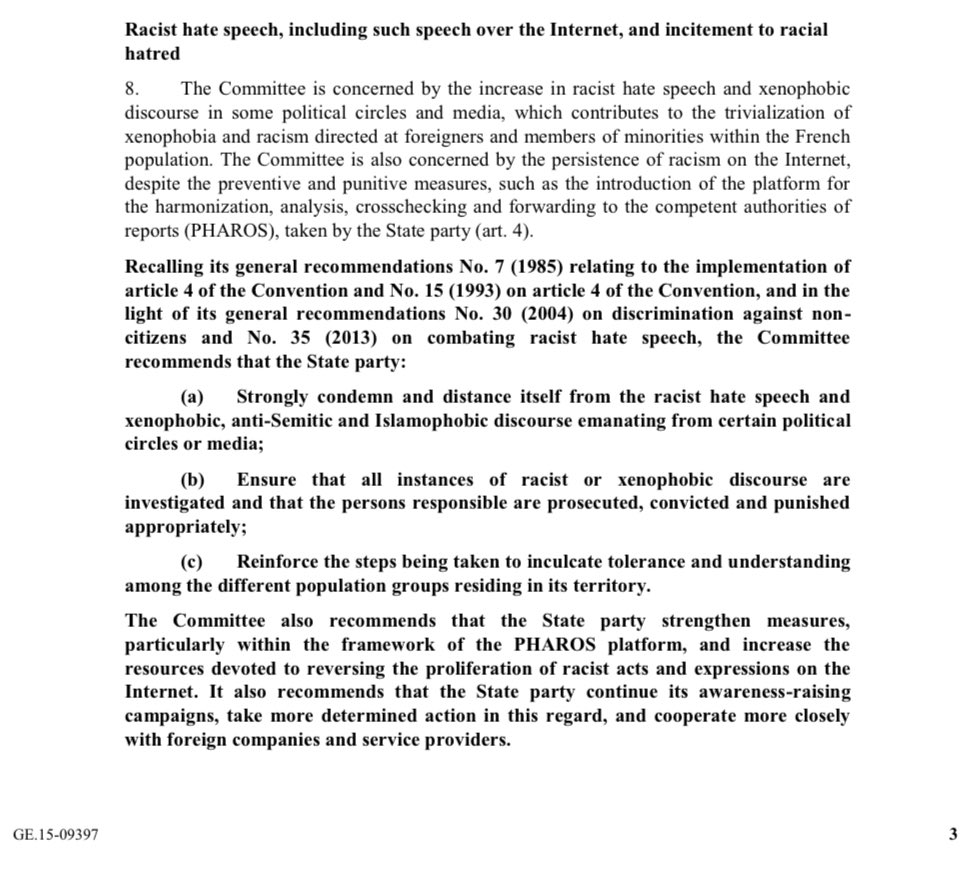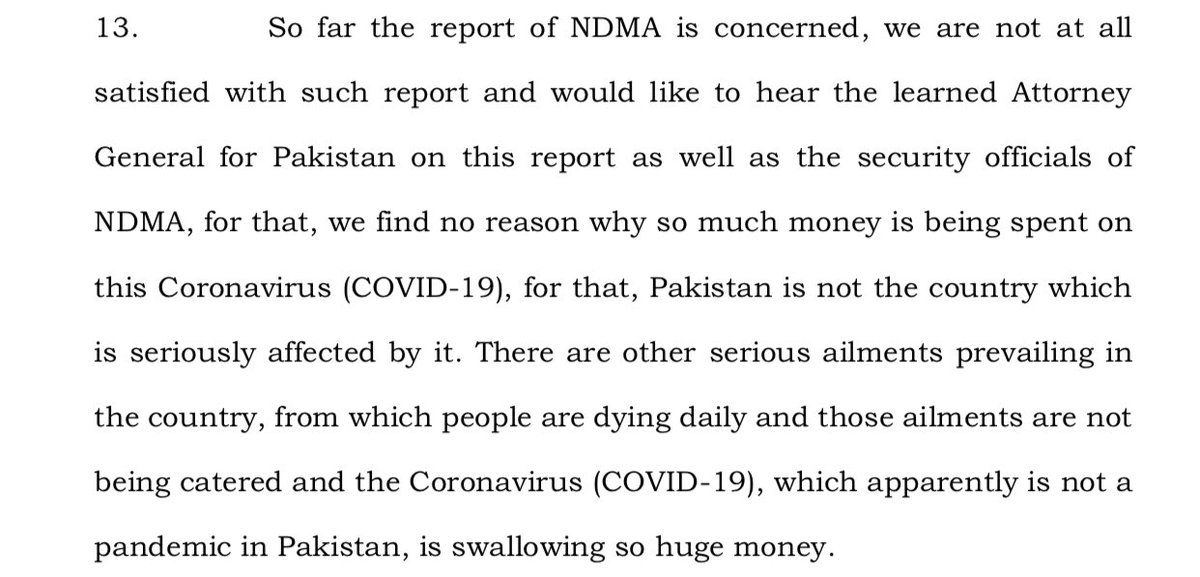
UN human rights mechanisms have repeatedly raised serious concern about the rights of Muslims in France
For example, in 2007, the UN Independent Expert on Minority Issues highlighted “intolerance, suspicion, and misunderstanding of Islam and growing islamophobia” in the country
For example, in 2007, the UN Independent Expert on Minority Issues highlighted “intolerance, suspicion, and misunderstanding of Islam and growing islamophobia” in the country

In 2015, in its assessment of France’s compliance with ICCPR, the UN Human Rights Committee expressed concern about the resurgence of “racist and xenophobic discourse” in public and political spheres, and highlighted upsurge in hate crimes, including against Muslims 

In the same year, UN Committee on the Elimination of Racial Discrimination said France should distance itself from “racist hate speech” and “Islamophobic discourse” emanating from certain political circles, media
It also urged France bring perpetrators of hate crimes to account
It also urged France bring perpetrators of hate crimes to account

And in 2018, in two separate cases, the UN Human Rights Committee found the “burqa ban” in France discriminatory against Muslim women + a violation of their freedom of religion or belief 

• • •
Missing some Tweet in this thread? You can try to
force a refresh







